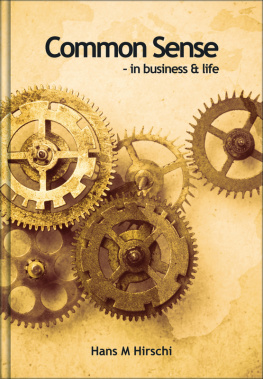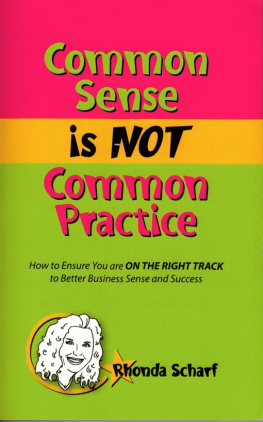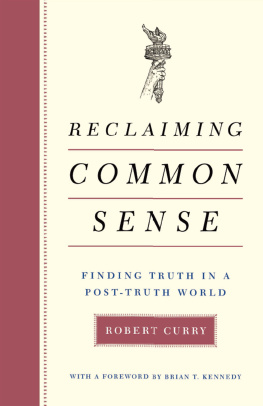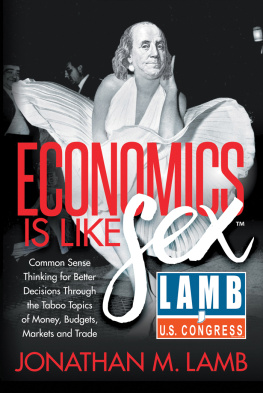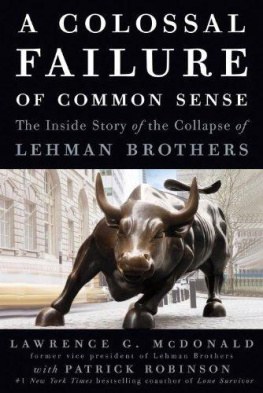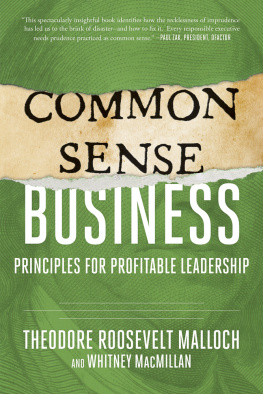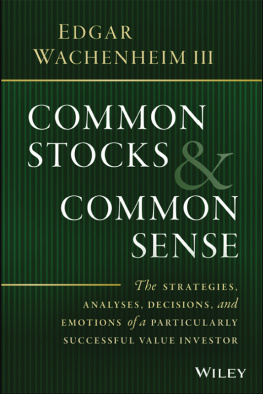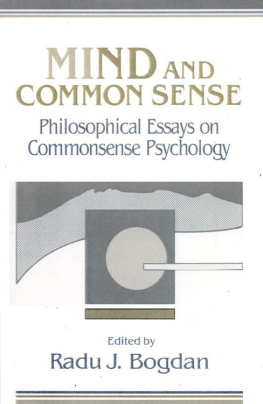Chapter 1. Introduction - a philosophical outlook on how life on Earth is changing
I have roamed this planet for more than forty years, I have been in business for more than twenty-two of them, and I have seen the world change quite drastically in that time.
I vaguely remember telex machines from my banking days and writing documents on typewriters. I remember the introduction of PCs, how we were creating documents in DOS, long before Windows came along. Then came the Internet and on its heels cell phones.
Today we make calls, IM, e-mail, & text from just about every corner of the world without giving much thought to it. Moreover, while a flight was exotic for most people thirty years ago, we now use them almost like buses. Well, we are on the verge of taking the next step. Video conferencing with the world is increasing at a very fast pace, without ever leaving our offices or desks. This transformation of the way we communicate has of course drastically influenced how we do business and how we run our everyday lives.
The biggest changes I have seen are these:
- The pace has increased dramatically
- The world has shrunk significantly
I have no illusion that this book or I will change any of this. I am concerned though that as biological entities, there are limitations to what our bodies and our psyches can withstand in terms of change of pace. And as a frequent traveler myself, I know how hard the frequent change in time zones affects your body and what it does to your health and well-being.
During the years I have been in business myself I have seen several major economic downturns. Four of them have affected me personally in terms of losing a job or as a business owner seeing my business decay right underneath me. On the other hand, I have never had difficulties coming back or finding something else to do. The only notable exception was when I first moved to Sweden back in the early nineteen nineties. I found a very closed and xenophobic society that would not even consider hiring someone with a foreign family name, although I spoke Swedish fluently and I was well adjusted to society. It proved to be an interesting experience, one that ultimately drove me to start my first company and take charge of my own destiny. That was almost twenty years ago and Sweden has changed dramatically since then (for the better I might add).
What I find most perplexing and what bothers me the most about the current state of business life is the ever-growing pace at which we are forced to do things. I am not primarily concerned with Wall Street analysts and short-term quarter economy that drives listed companies and C-staff to make ever faster and the short-term decisions to satisfy the need for faster and faster profits, margins, and what have you in terms of metrics of the day. I believe that Wall Street is just a symptom for the increase in pace that the entire world is experiencing, a pace that has increased exponentially over the past fifteen years, yet a pace that most likely has been increasing for as long as humanity has made advances in communication and transportation.
Imagine ancient Rome and dispatching news or orders to the outlying regions of the empire. It would have taken days, weeks, and even months for information from the Senate or the emperor to reach the outskirts of such a vast empire and the same amount of time for replies to travel back to Rome.
With the advances in transportation, notably railway and later air transport, and electronic communication (telegraphs), the time started shrinking and the pace started to increase. I sometimes wonder: what would a Roman emperor have done while waiting for a response for weeks? Today, that same emperor would just pick up the phone or initiate a video conference with his subjects. Governments have always had access to the fastest and most up to date communications. The changes in the past fifteen years have made that available to a broader public as well, and when I see how Indian small business owners can run their businesses more effectively thanks to their mobile phones, I see the upside of that democratization (if you allow the term) of technology. However, having had to endure multiple evenings with phone calls into the late night with colleagues in other parts of the world on a regular basis I also understand the backside of these technological advances.
I wonder: how much of this can we take. Does there come a point at which the human psyche breaks? I see fewer people do more work than ever before, work longer hours than ever before, I have had colleagues that were on drugs constantly (primarily stimulants) in order to be able to cope with the stress and the up to fifteen hour work days. They all have families (or had). I have seen how many relationships break because of this. The last company I worked for was infamous for breaking up marriages due to the high demand on staff travel and I had to endure a couple of crisis in my own marriage, before I left.
Sadly, we do not know much about the long-term effects of these changes (yet). What happens to the life expectancy of people who travel two to four days per week across multiple time zones? I know it adversely affected my health. How is this going to affect the life expectancy of people who constantly work seventy or more hours every week, and the constant stress? We have seen the emergence of burnout syndrome in societies with decent health care systems. Are burnout patients the first losers? Are they the weakest ones, the ones who could not take it?
It gets worse, because there are so many people that never even make it onto the treadmill. People, who for various reasons play no active role in society, people who cannot or will not contribute. In addition, while I am not very worried about the few who do not wish to contribute (I believe in peoples right to make their own choices, as long as they also accept the consequences), I am deeply worried about those who cannot contribute. A few years ago, I visited Tunisia and spent a week in the south of the country where it borders onto the Sahara. In the beautiful town of Tozeur, I had an encounter that would alter the way I look at modern society for the rest of my life:
The brick-maker of Tozeur
Tozeur is a beautiful town in the south of Tunisia. It is famous for its brick buildings and an amazing architecture that comes with that. Lying on the outskirts of a huge oasis, the town nowadays lives on dades, bricks, and tourism.
While in Tozeur, we were invited to visit a brick factory. Not sure, what to expect, we agreed and the tour started as any city tour would. We took a donkey-drawn carriage and saw some of the buildings of the town; we went to the oasis to see the crops that were planted among palm trees, and to learn how the irrigation system worked etc. Towards the end of the tour, we left the plantation and went to a hill just outside of Tozeur. There, among huts and sheds (calling those constructions buildings would give you the wrong impression), lie impressive furnaces of about 5-6 meters height with a diameter of about the same proportions. Some of the furnaces were lit others were not. These sheds with a furnace are the brick factories of Tozeur. Already I had to make a major adjustment to my pre-conceptions
We visited one particular factory where we were introduced to the owner and his brother. Their furnace was currently not in operation as they only light it about once a month, when they have made enough bricks to warrant the process of lighting the furnace. One of the first things I noticed, besides the obvious poverty, was the fact that the brother who was working in the factory was mentally challenged.
The second thing I noticed after a while was the harmony and happiness surrounding the place. The owner explained something to me that profoundly influenced my outlook on life: The bricks he produces are made from the clay soil in Tozeur. They make them by hand using wooden forms into which the clay is molded manually. The bricks come in several shapes and sizes. They are left to dry in the sun before being burned in the furnace.

